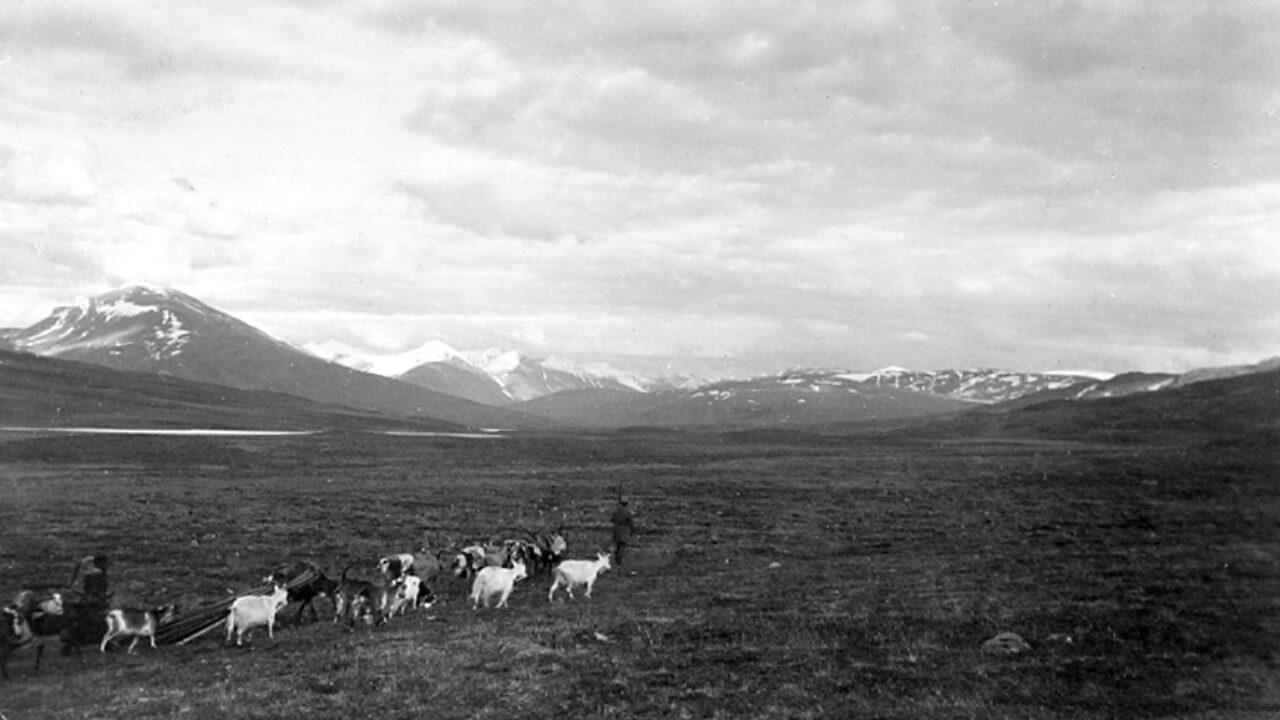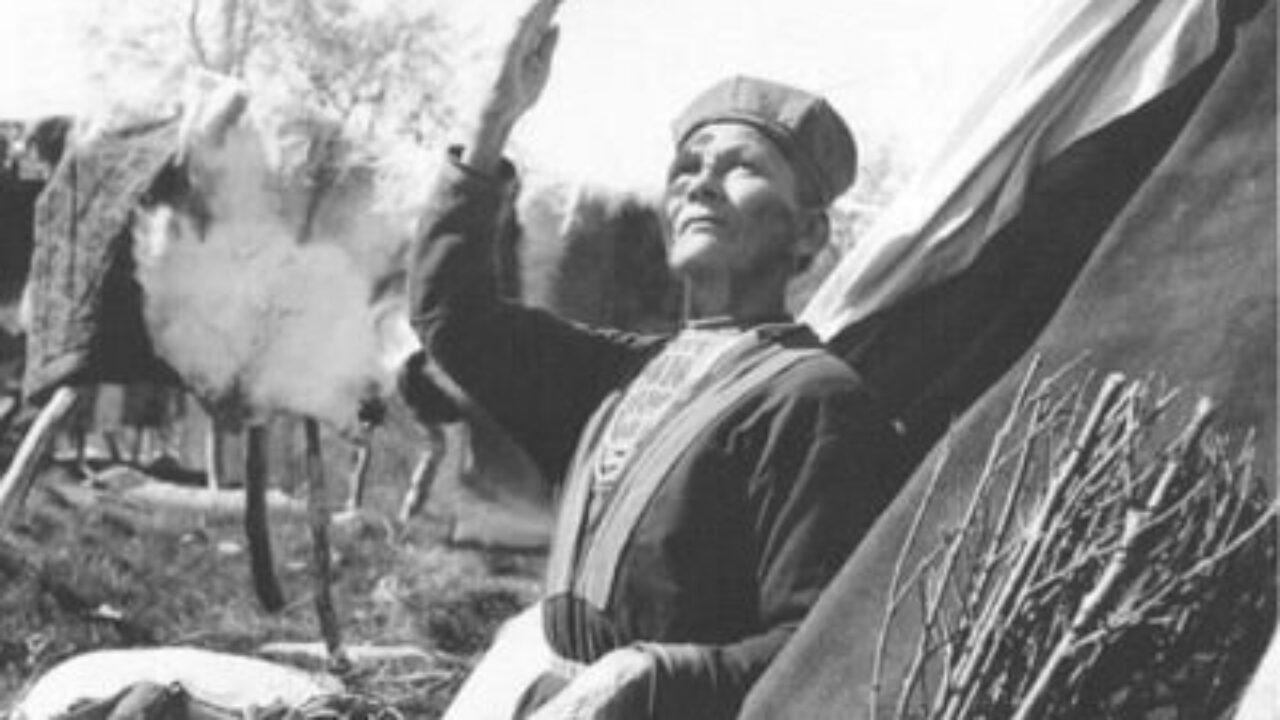Sami normative systems and legal conceptions
However, what such customs mean and what sources can be used to understand their content remains unclear. The meaning of Sámi law therefore needs to be clarified and a new theoretical, methodological and legal understanding of what can constitute a Sámi legal order needs to be developed.
Norm systems and norms can be seen as a shared and local understanding of certain common rights and obligations. These can take the form of practical actions or human activities that govern how we do things or how we are towards each other. The project examines norms that exist in Sámi communities, what norms, legal understandings and customs are and how they are related.
The project focuses in particular on the internal distribution and use of land and natural resources, and the conflict management used in connection with it. We investigate different types of sources where norms, legal concepts and customs can be expressed in a variety of ways including stories, practices, language and proverbs, agreements and conflict resolution. The project develops concepts of what Sami legal concepts are and methodological tools for analyzing Sami norm systems. The project also analyzes how Sami law can conflict with and challenge the national legal and political systems.
The project is based on the recognition of indigenous peoples' right to self-determination in international law and the possibility for indigenous peoples to develop their own norms and legal systems. Another theoretical starting point is so-called legal pluralism, which is based on the views that there are different layers of norms that govern societies, and that there are norms even outside the official state systems.
In other parts of the world, research into indigenous peoples' own normative systems and the development of methodologies for doing so are more advanced. Examples of countries where such work is underway are Canada, New Zealand and Australia, where the relationship between national law and indigenous law has developed into its own theoretical and empirical research field. The project builds on the work that has been done there, but is based on the specific conditions that apply here in Sweden and the Nordic countries. The project thus contributes to the internationally emerging field of research in political theory and jurisprudence on indigenous peoples' right to self-determination.
The project is funded by FORMAS and will run from January 1, 2022 to December 31, 2024.
Researchers active in the project:
Ragnhild Nilsson, PhD, Mid Sweden University, ragnhild.nilsson@miun.se
Professor Ulf Mörkenstam, Stockholm University, ulf.morkenstam@statsvet.su.se
Malin Brännström, PhD, the Silvermuseet and INSARC, malin.brannstrom@silvermuseet.se

